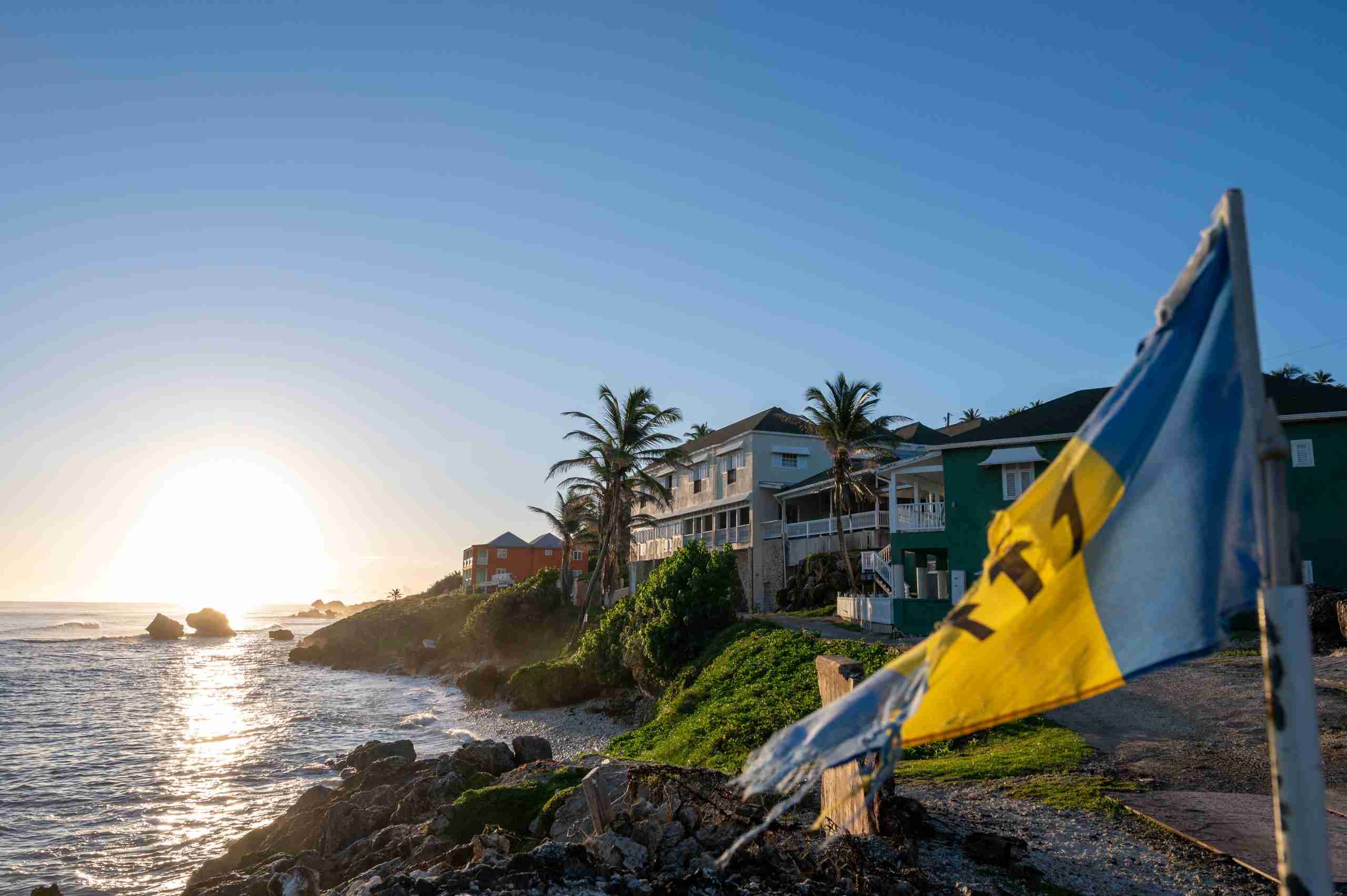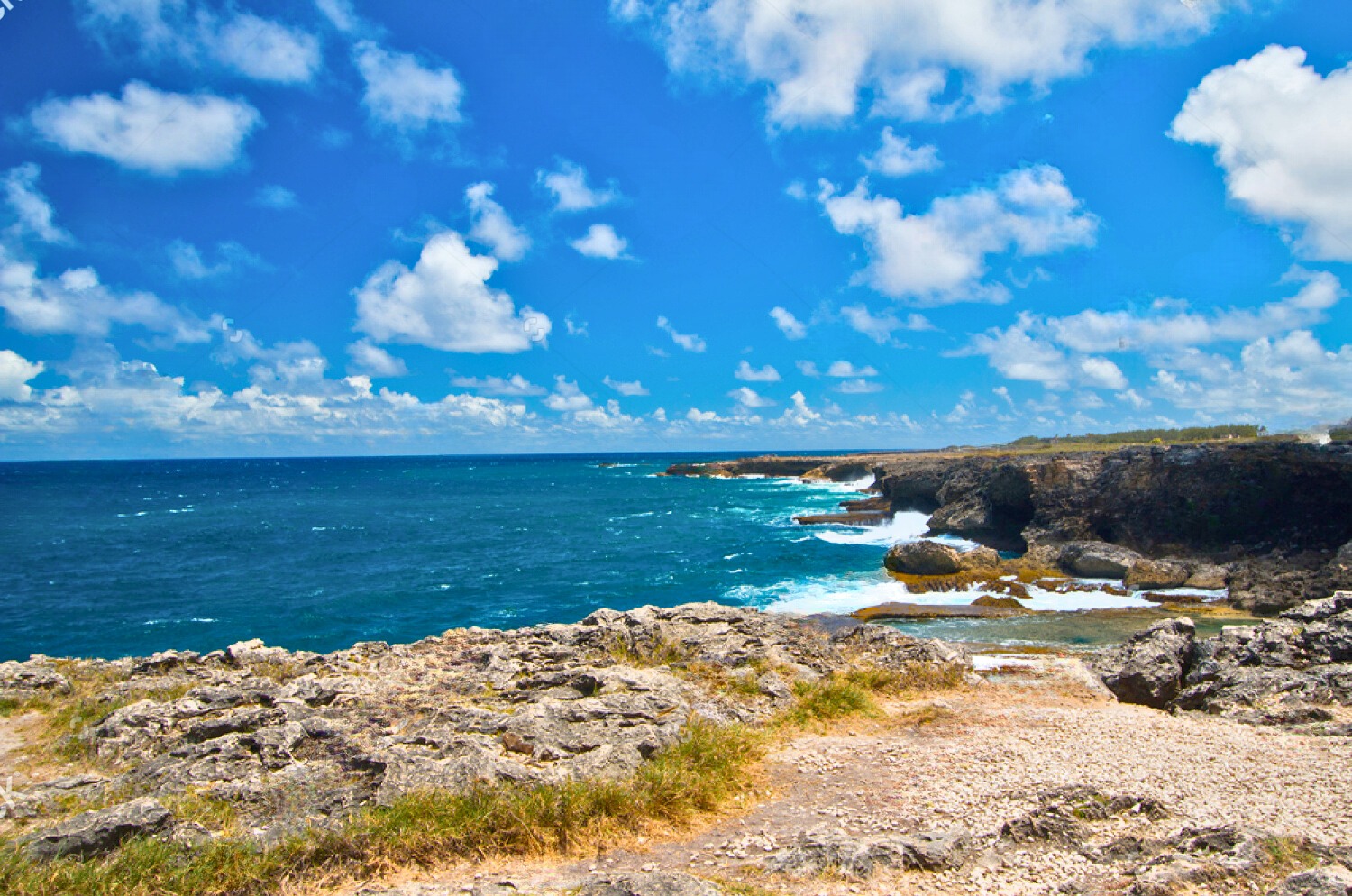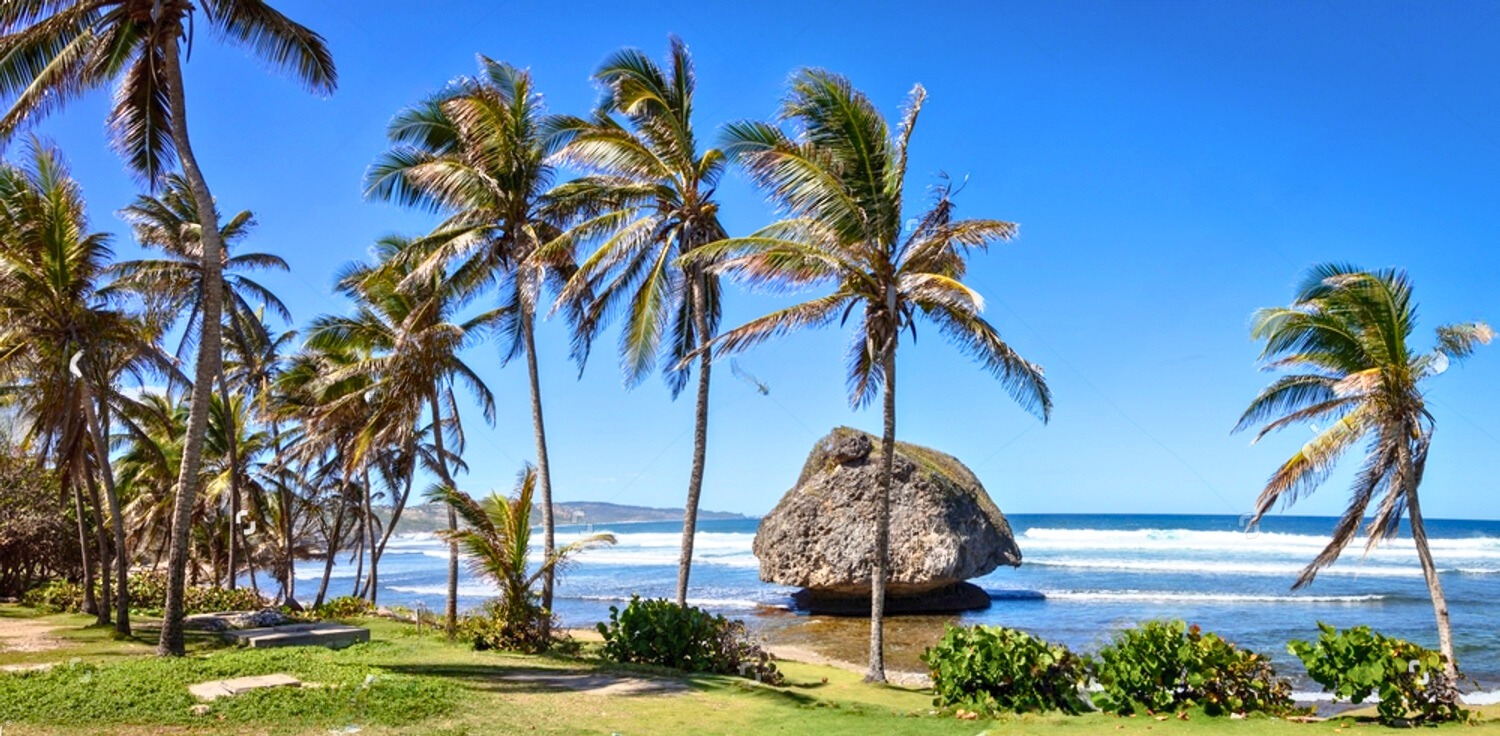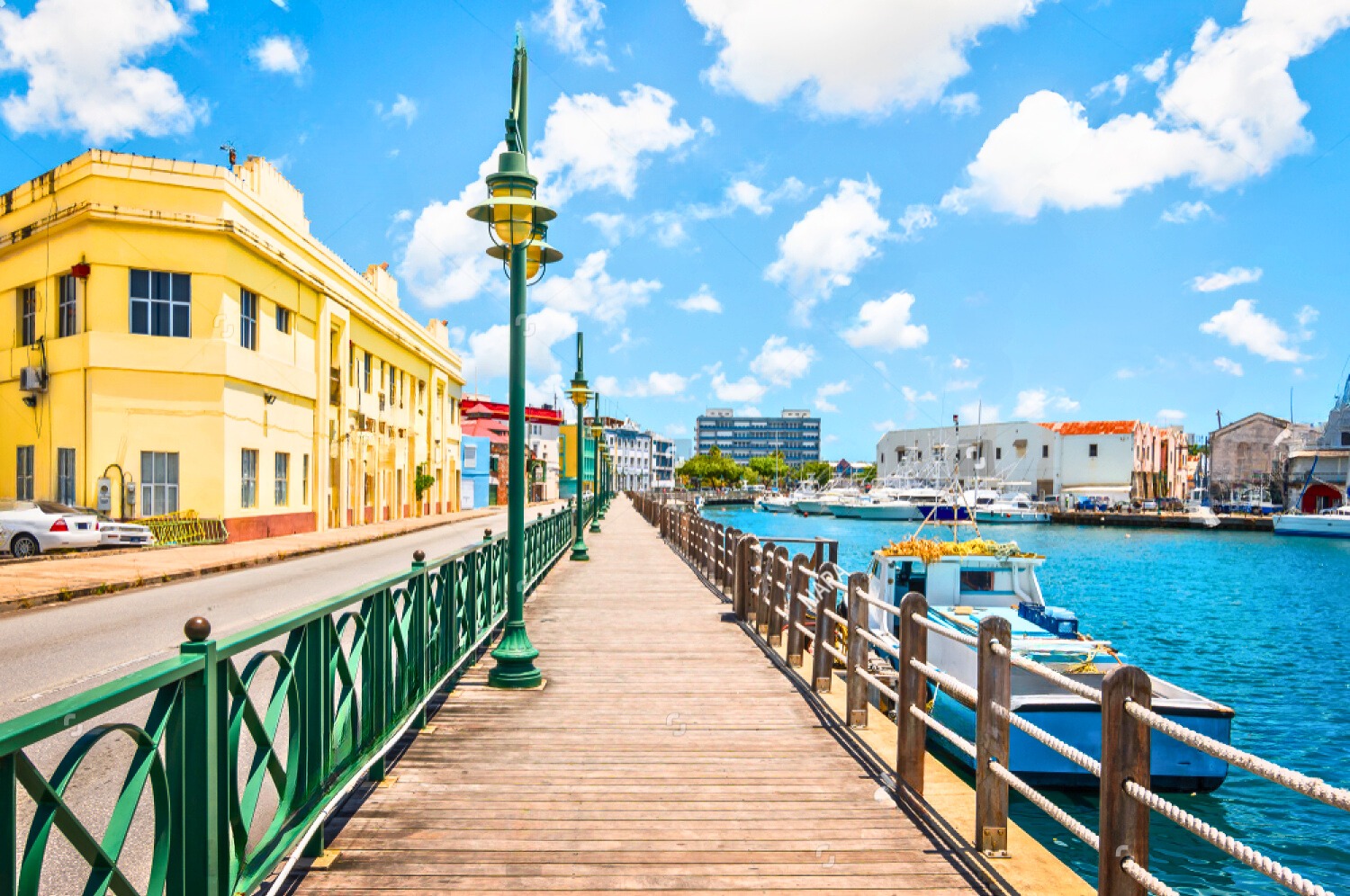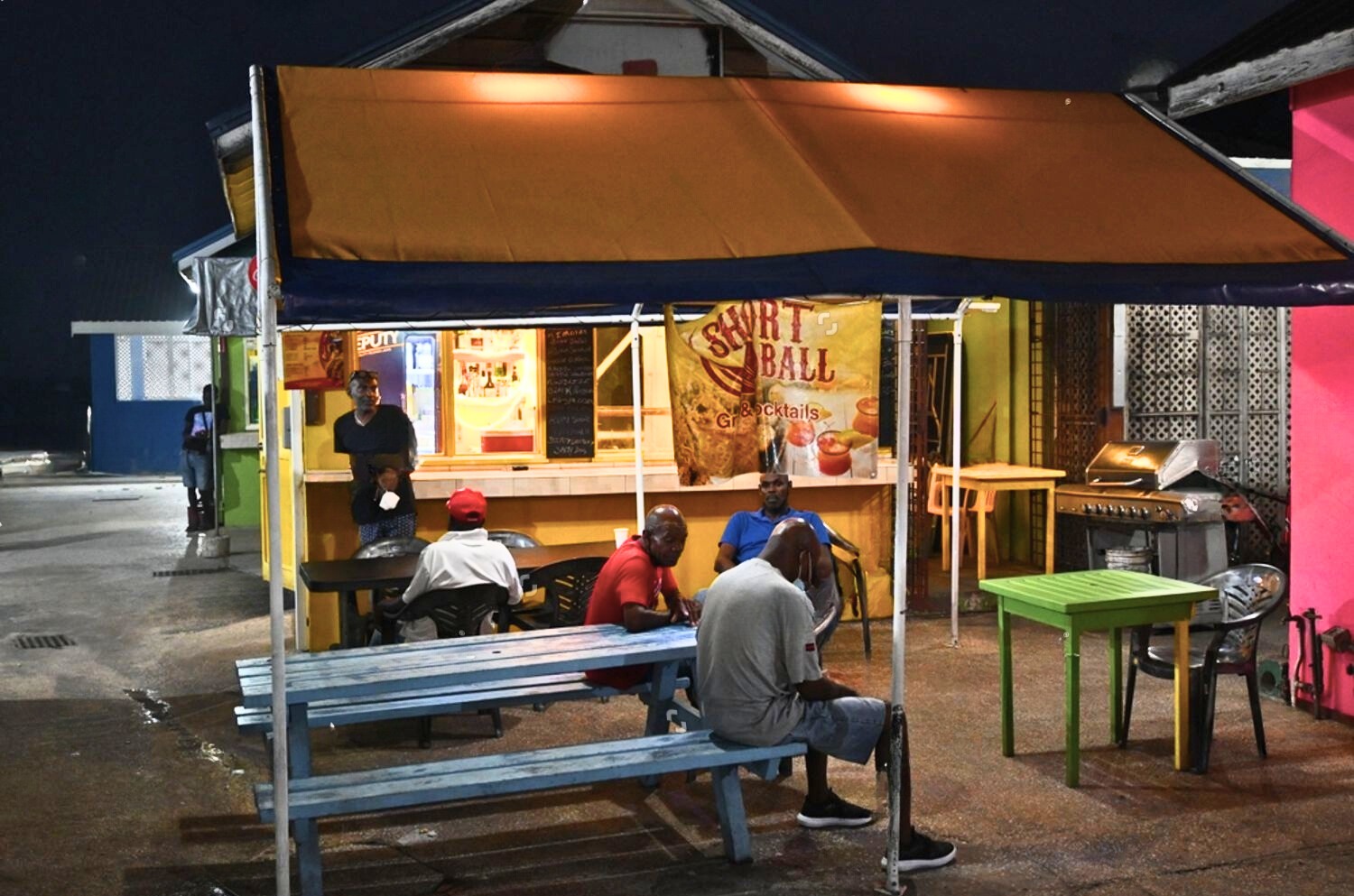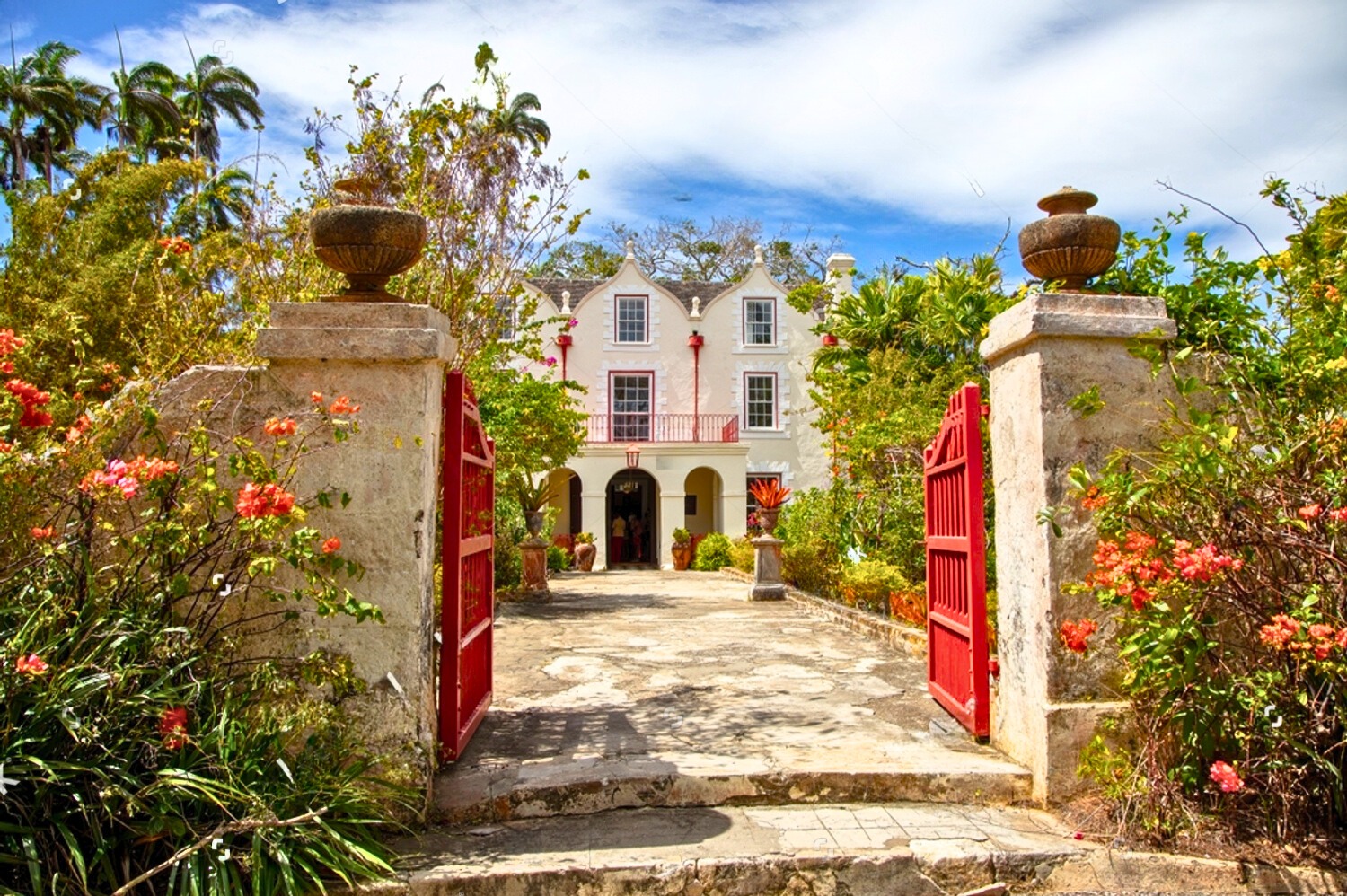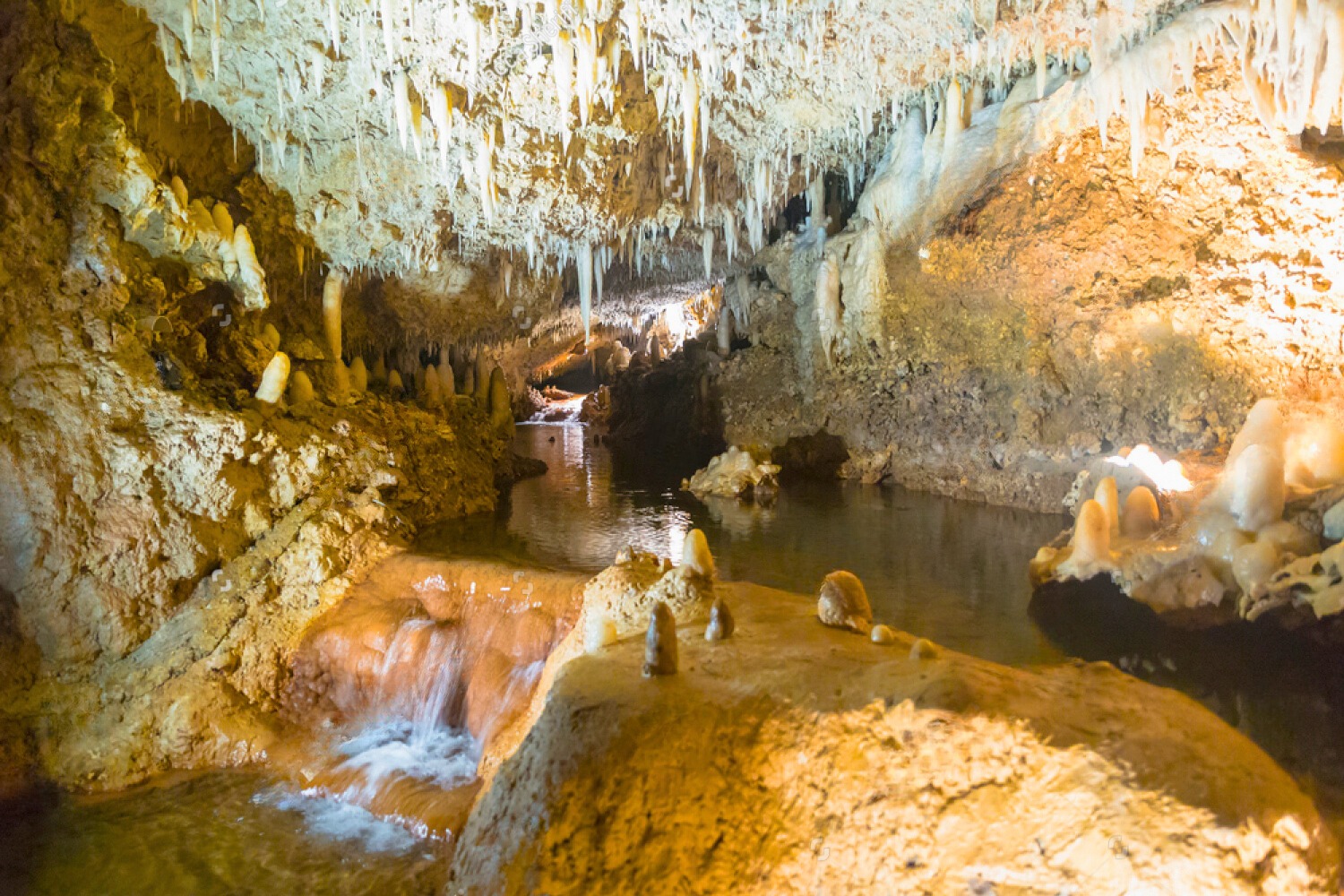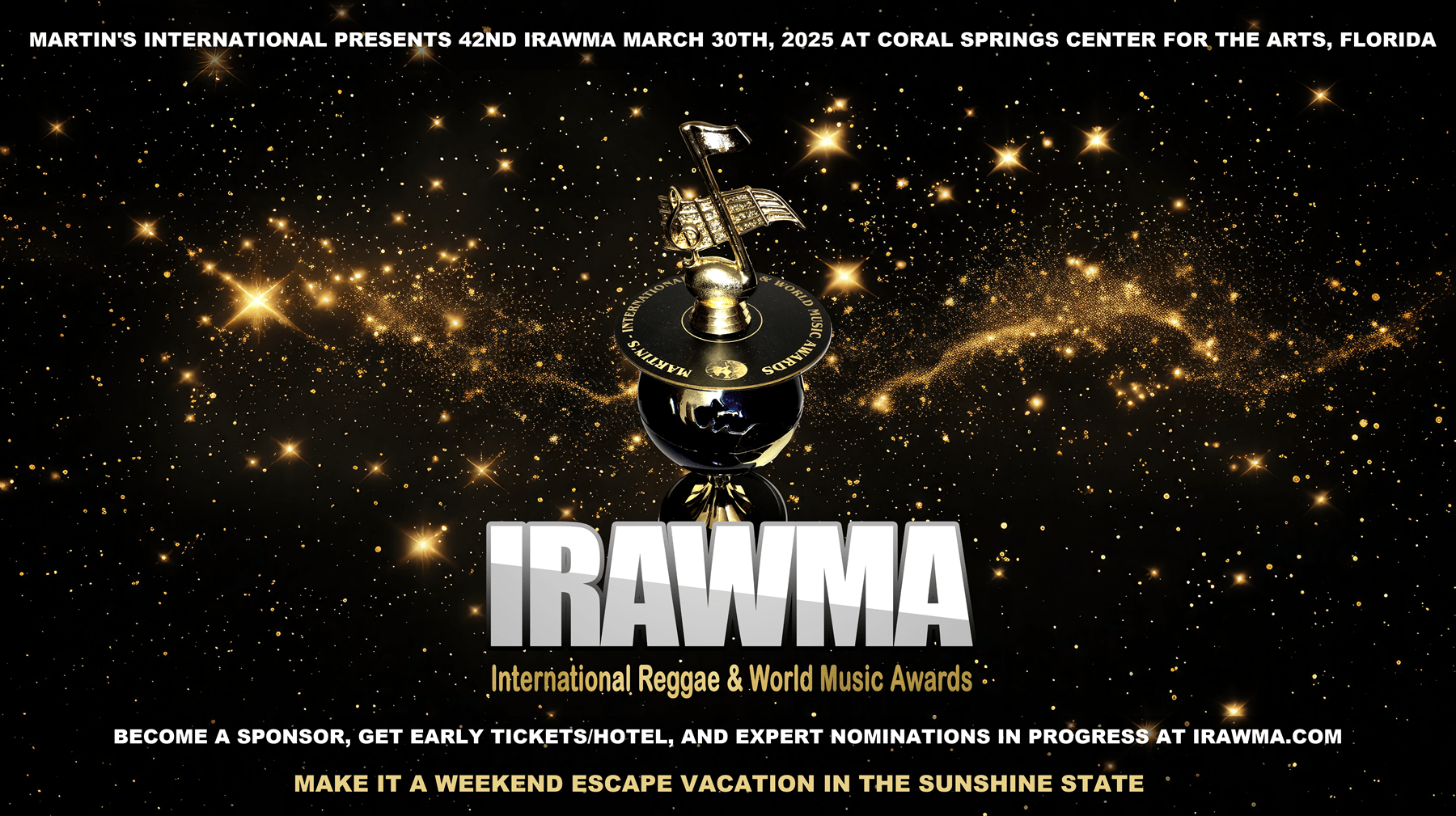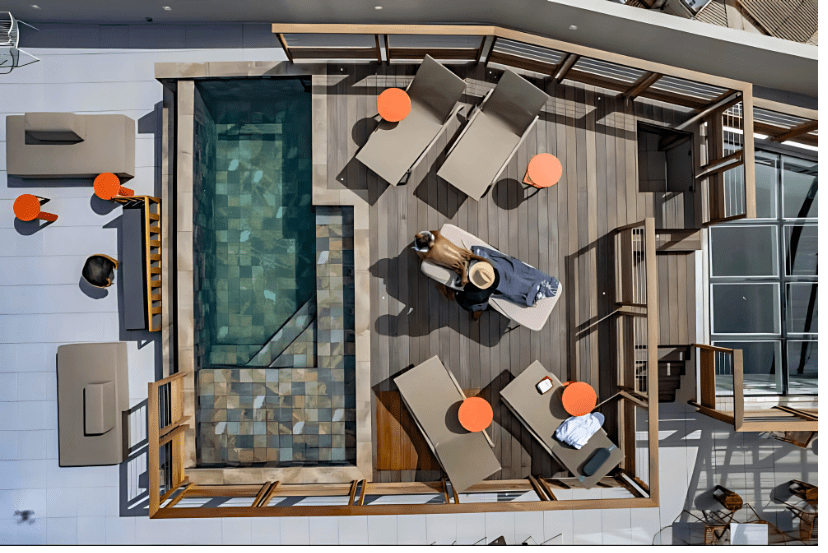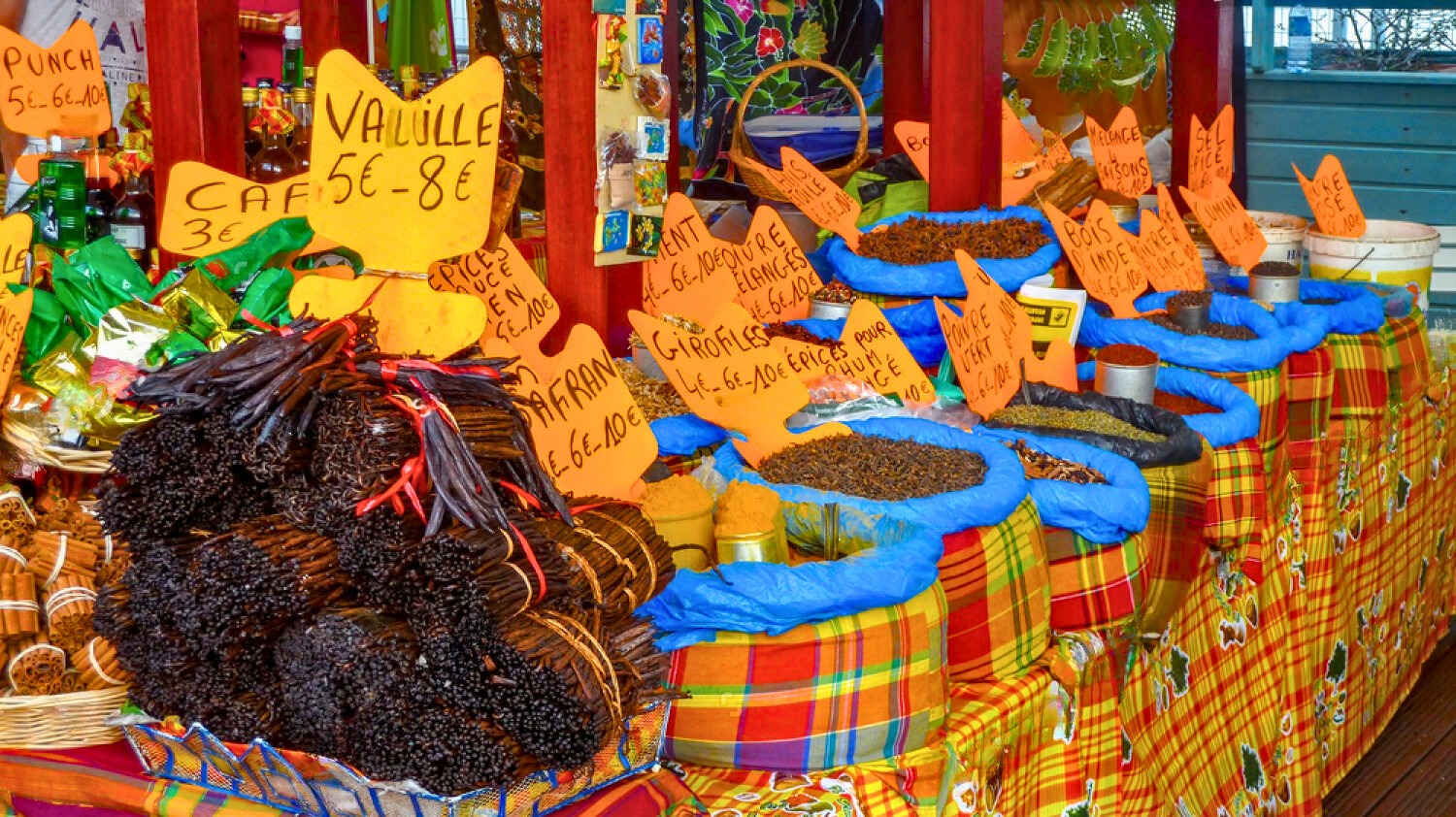BARBADOS
Land of Rum
Barbados is an island nation celebrated for its rich history, cultural diversity, and natural beauty. It’s known for its dynamic landscape, ranging from lush, verdant terrains to breathtaking coastlines.
As a premier tourist destination, Barbados offers an array of attractions and activities catering to various interests.
It is uniquely positioned in the southeastern Caribbean, boasting a warm climate with an average temperature of 30°C. The island is distinguished by its diverse environment, from the tranquil Caribbean Sea on the west to the more turbulent Atlantic Ocean on the east.

Geographic and Geological Overview
A Geographic Snapshot
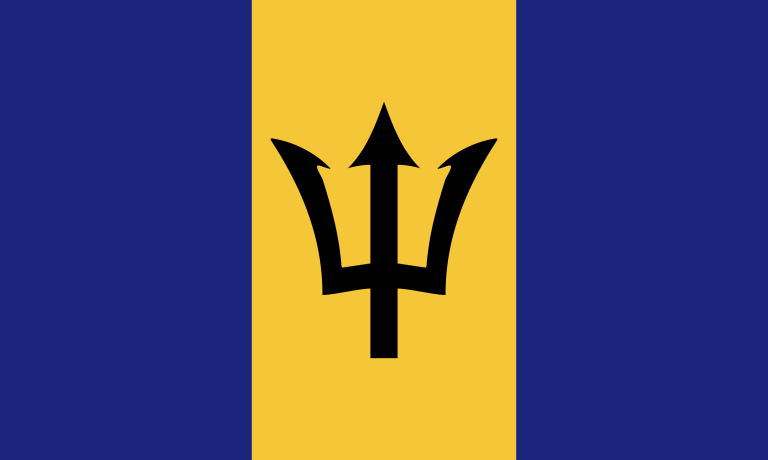
Size : 166 square miles; approximately 21 miles long and 14 miles wide.
Capital: Bridgetown, located on the southwestern coast.
High Point: Mount Hillaby at 340 meters (1,115 feet) above sea level.
Population: Approx. 287,000 as of 2020.
Vegetation: Dominated by scrubland and coastal mangroves rather than lush, dense tropical forests.
Water Bodies: Surrounded by the Atlantic Ocean; known for its beautiful beaches rather than significant rivers.
Agriculture: Historically dependent on sugarcane, but now diversified; tourism is the primary economic driver.
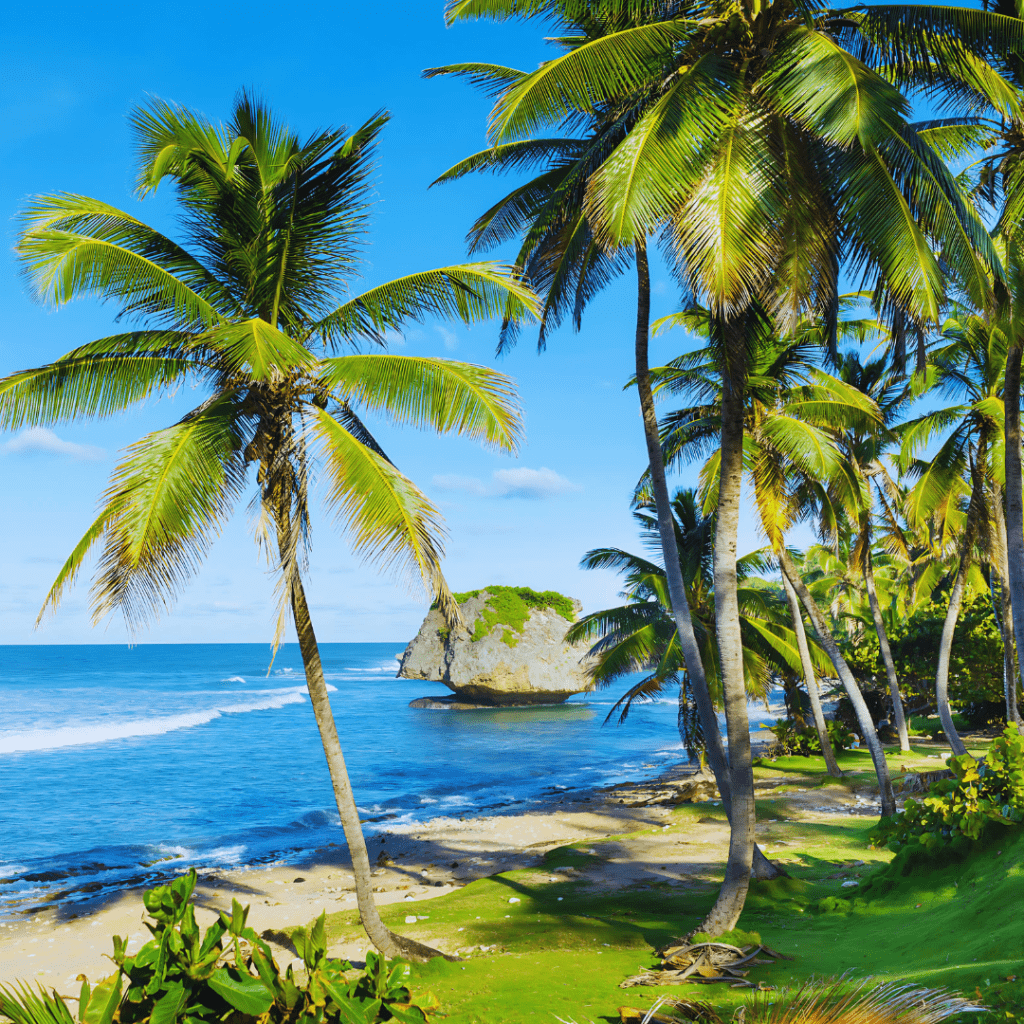
Geological Features
Geology: it is a coral island, not volcanic, with limestone formations and relatively flat terrain.
Natural Wonders: Notable for its beautiful coral reefs and the Harrison’s Cave.
Cultural Tapestry
The Crop Over
The island’s culture is a rich blend of African, European, and local influences. Signature events like the Crop Over Festival celebrate the end of the sugar cane season with vibrant parades and music, symbolizing the deep-rooted history and community spirit of the island.
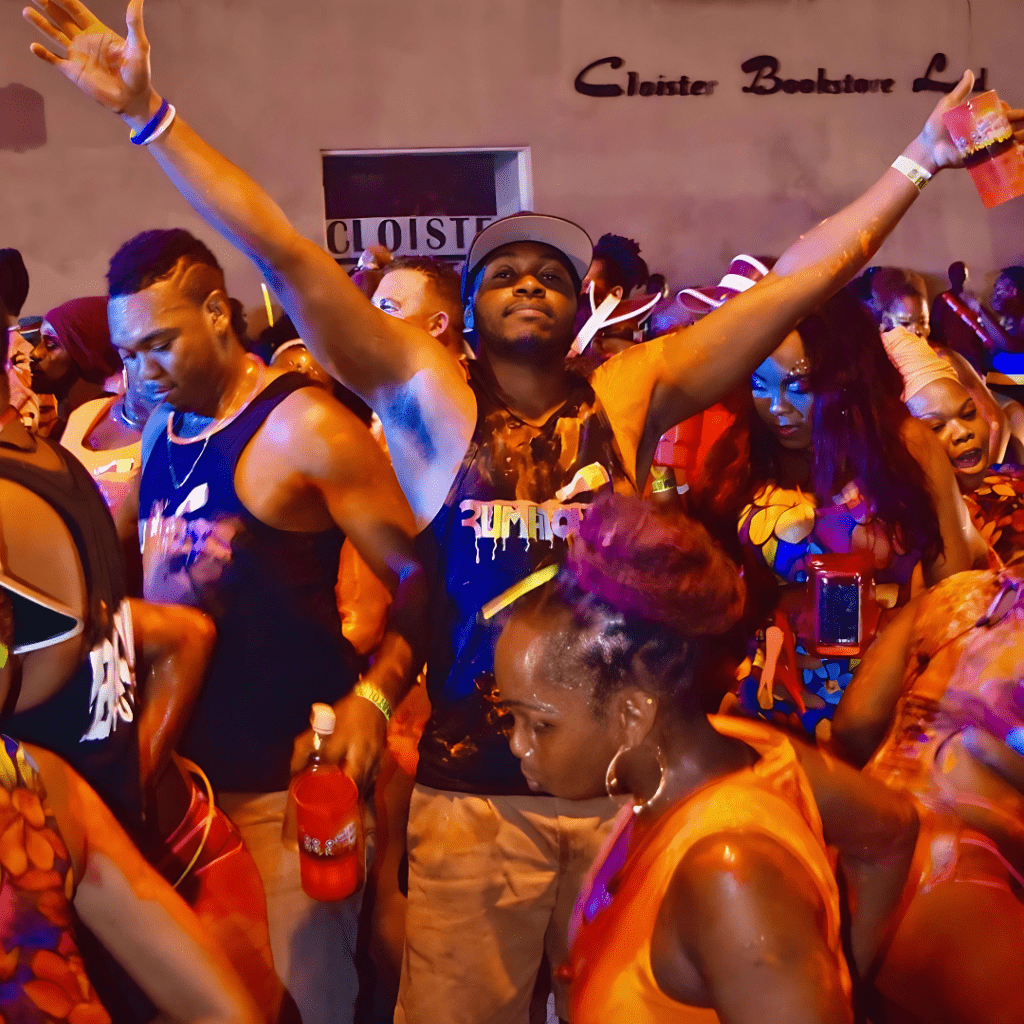
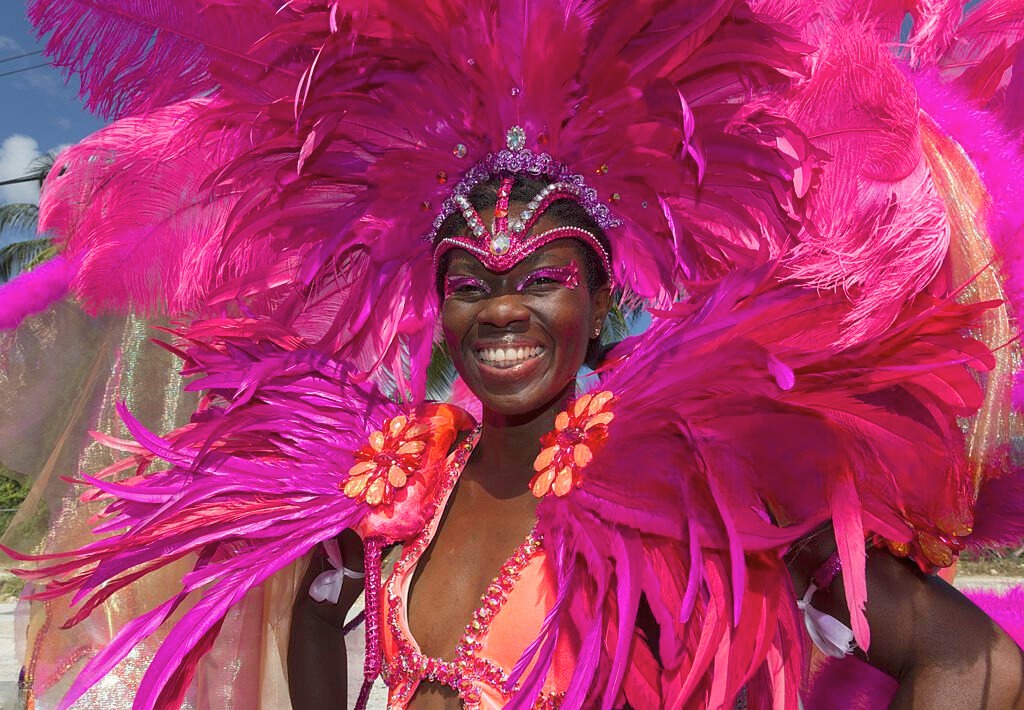
Rally Barbados
This is the island’s premier motorsport event, drawing participants and spectators from across the globe. It’s a significant part of Barbados’ sports-tourism calendar, featuring exciting tarmac rally racing. Highlight the event dates, the main attractions such as the King of the Hill prelude event, and its role in showcasing Barbados’ vibrant community and scenic roads.

Local Cuisine
Bajan’s Cuisine Highlight
Barbadian cuisine, also known as Bajan cuisine, is noted for dishes such as Cou Cou and Flying Fish, the national dish that reflects the island’s culinary arts and access to fresh seafood.
The Barbados Food and Rum Festival further showcases the island’s gastronomy, featuring local and international chefs.
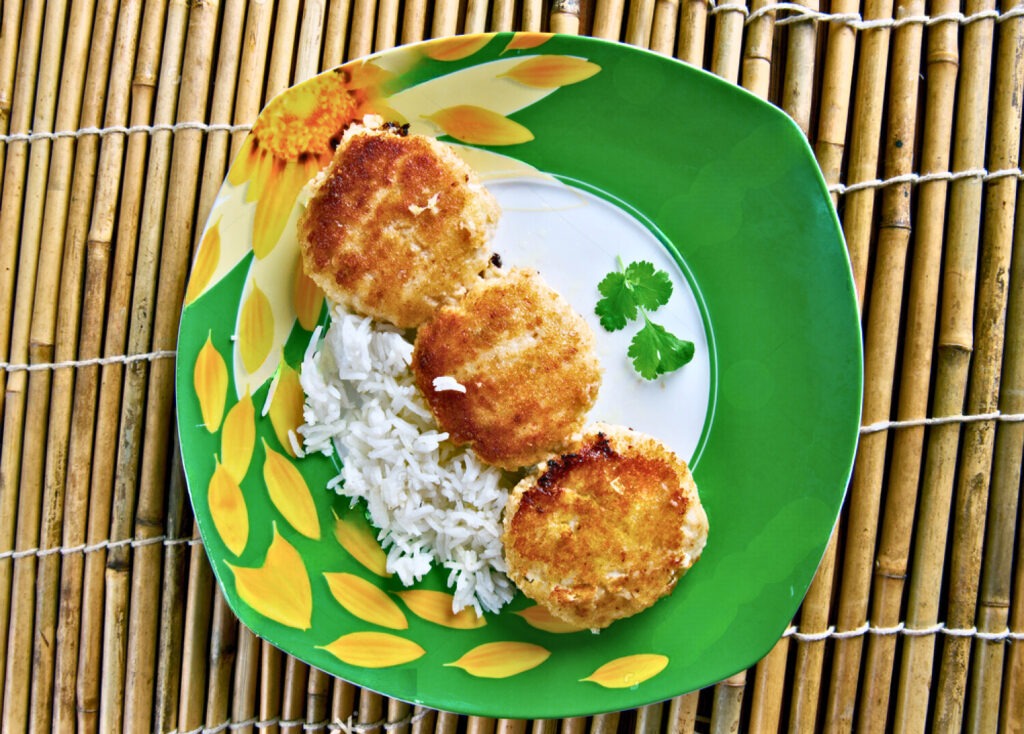
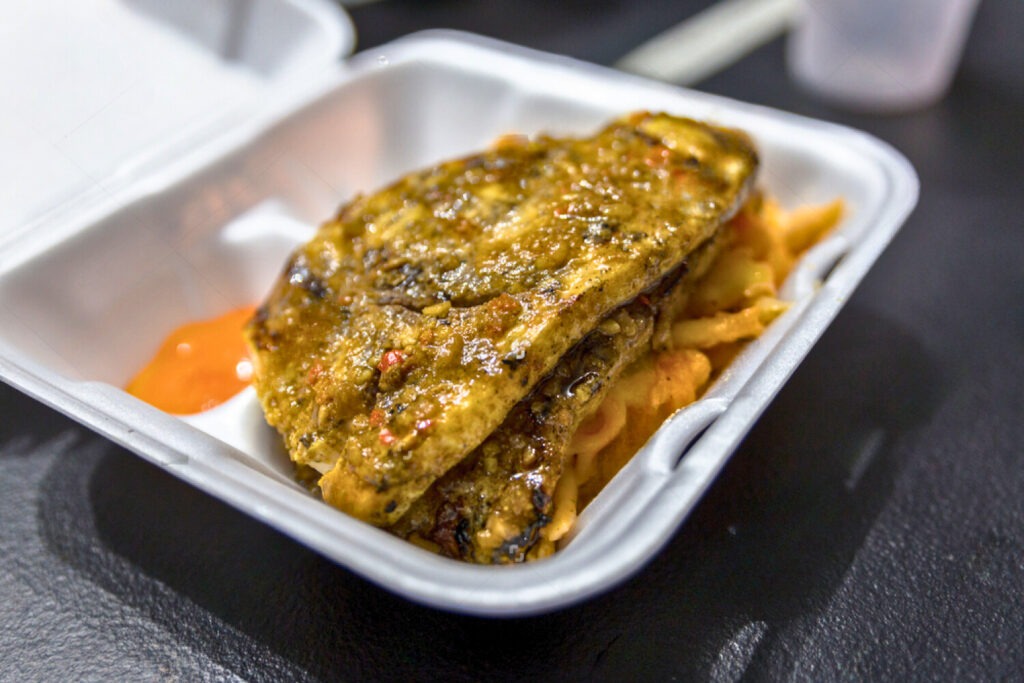
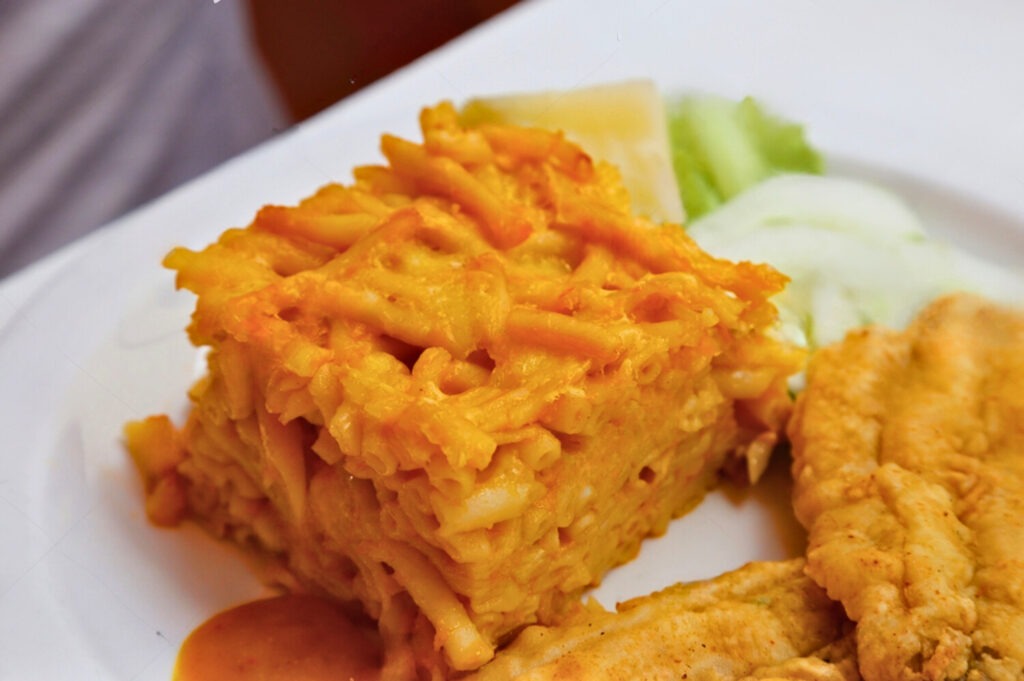
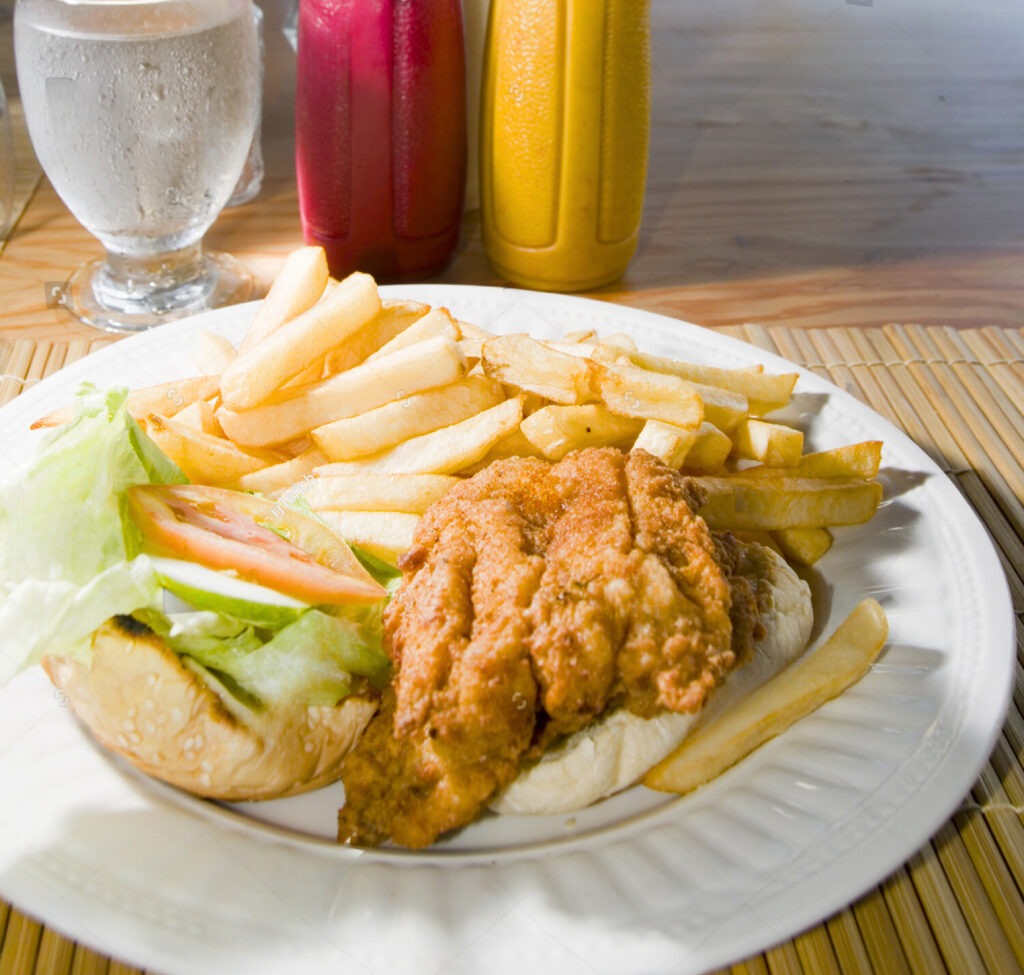
Economy and Infrastructure
Economic Resilience and Challenges
Barbados is classified as a high-income country with one of the highest incomes per capita in the Caribbean. The economy is diversified, anchored primarily by tourism and offshore banking.
The backbone of the Barbadian economy, tourism significantly influences overall economic health, contributing to around 12% of GDP in recent years. The sector is supported by excellent infrastructure, including well-maintained roads, modern airports, and advanced telecommunications.
The island is a globally recognized offshore jurisdiction, offering a regulatory environment that attracts international business and financial services. This sector contributes notably to government revenue and foreign exchange.
The island boasts a well-developed public infrastructure, including a reliable road network, extensive water distribution systems, and comprehensive health and educational facilities. Recent government initiatives aim to boost public sector efficiency and infrastructural resilience.
Despite its strengths, the Barbadian economy faces high public debt, necessitating fiscal adjustments and economic reforms.
The island is advancing in environmental sustainability, with investments in coastal infrastructure to combat erosion and initiatives to promote renewable energy sources, positioning it as a leader in ecological resilience in the Caribbean.
The island is also a global leader in rum production, with historic distilleries such as Mount Gay, which highlight the island’s long-standing tradition of rum making.
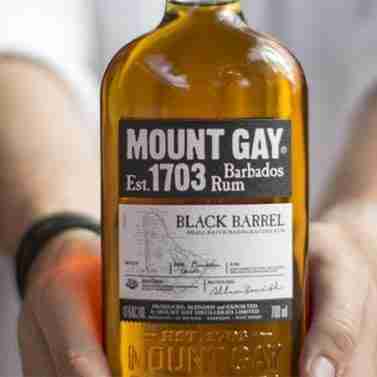
Historical Insights
From Settlement to Sovereignty
Barbados boasts a rich historical tapestry that has been shaped by various influences throughout the centuries. From its early settlement by the Arawak and Carib peoples to its later colonization by the British in 1627, the island’s history is a vivid narrative of resilience and transformation. Here are some key historical insights :
Early Settlements: Before European colonization, the island was inhabited by Indigenous peoples, primarily the Arawak and Carib, who called the island ‘Ichirouganaim’.
Colonial Era: Claimed for King James I of England in 1625, the island became an English and later British colony. The island played a significant role in the sugar industry, with sugar plantations powered by enslaved Africans becoming the backbone of its economy.
Emancipation and Cultural Shifts: The abolition of slavery in 1834 marked a turning point. Freed slaves began to shape their own communities and cultures, contributing significantly to the social fabric of the island.
Path to Independence: Throughout the 20th century, the island moved towards self-government, achieving full independence from the United Kingdom on November 30, 1966. This day remains a national holiday celebrated as Independence Day.
Modern Developments: In recent decades, the island has developed a mixed economy with tourism, manufacturing, and agriculture as key sectors. The island is known for its stable political environment and high standards of living compared to other Caribbean nations.
Barbados’ historical journey from a colonial outpost to a thriving independent nation is a testament to the enduring spirit and resilience of its people. This rich history continues to be reflected in the island’s cultural practices, architecture, and societal norms, making it a unique study in Caribbean history and heritage.
What Makes Barbados So Unique
- Political Independence: Barbados’ transition from a British colony to an independent nation in 1966, and its move to become a republic in 2021, underline its unique political journey in the Caribbean.
- Economic Diversification: Unlike many Caribbean nations, the island has a diversified economy not solely reliant on tourism but also bolstered by manufacturing and financial services.
- Cultural Heritage: The island’s rich history is reflected in its music, dance, and festivals, especially the Crop Over Festival which has roots in the colonial sugar cane harvest.
- Environmental Initiatives: Barbados is proactive in environmental protection, with significant investments in renewable energy and coastal rehabilitation projects to combat climate change impacts.
- Historical Sites: Home to George Washington House and the UNESCO World Heritage site of Historic Bridgetown and its Garrison, the island offers a deep dive into colonial history.
- Flourishing Arts Scene: The island has a vibrant arts scene, including the renowned NIFCA performing arts festival which showcases local music, dance, and drama.
- Advanced Infrastructure: Barbados boasts well-developed infrastructure, including modern healthcare facilities, international airports, and a reliable road network.
- Educational Hub: With a high literacy rate and reputable institutions such as the University of the West Indies, the island is considered an educational center in the Eastern Caribbean.
- Culinary Diversity: Barbadian cuisine, or Bajan cuisine, is an eclectic mix of African, Portuguese, Indian, Irish, Creole, and British influences, famous for dishes like flying fish and cou-cou.
- Sporting Excellence: Barbados is passionate about sports, particularly cricket, with the island producing some of the world’s leading cricketers, including Sir Garfield Sobers.
Events
Rhythms of Barbados
Barbados, a gem of the Caribbean, is steeped in rich history and vibrant cultural expressions, reflecting a blend of African, British, and West Indian influences. This island nation celebrates its diverse heritage through an array of festivals, music, and dance, making it a unique cultural destination.
- Barbados Sailing Week (January): Kicks off the sailing season with competitive races and vibrant shore-side activities.
- Holetown Festival (February): Celebrates the island’s heritage with music, dance, and parades marking the first settlement.
- Bridgetown International Arts Festival (March): Brings together artists from around the world in a multicultural celebration of the arts.
- Oistins Fish Festival (April): Honors local fishermen with fish-cooking contests and lively entertainment.
- Reggae Festival (April): Showcases top reggae talent from around the world in a series of concerts.
- Sir Garfield Sobers Golf Tournament (May): Hosts golfers from across the globe in a competitive tournament named after the cricket legend.
- Crop Over Festival (July-August): Marks the end of the sugar cane season with music, dance, and the colorful Grand Kadooment parade.
- Grand Kadooment Day (August): Features elaborate costumes and calypso bands in a vibrant street carnival.
- NIFCA Culinary Arts and Crafts Festival (November): Displays local arts and culinary skills in a celebration of Bajan culture.
- Barbados Independent Film Festival (January): Screens a diverse range of independent films from international filmmakers.
- Run Barbados Marathon Weekend (December): Offers a series of races along scenic routes, attracting runners worldwide.
- Barbados Food and Rum Festival (October): Highlights the island’s culinary arts and its rich history of rum-making.

